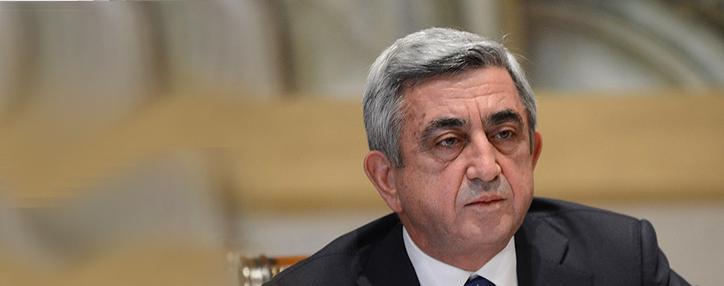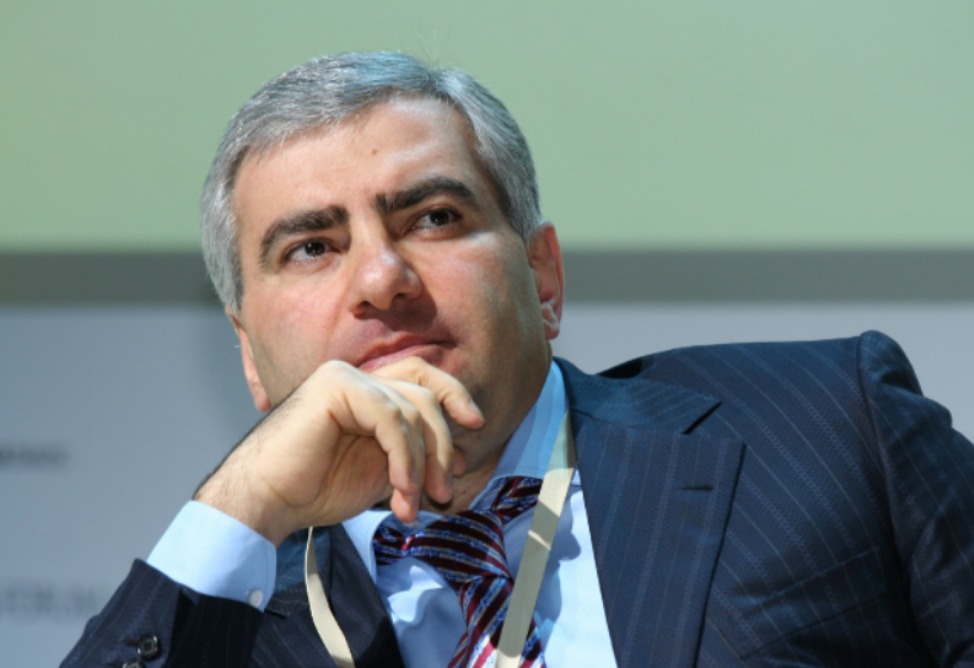Armenian president says Karabakh may be recognized by some countries
04.02.2013,
21:14
Armenia’s president Serzh Sargsyan, who is campaigning for reelection in February 18 polls, did not rule out the recognition of Nagorno-Karabakh Republic (NKR) by some countries.

YEREVAN, February 4. /ARKA/. Armenia’s president Serzh Sargsyan, who is campaigning for reelection in February 18 polls, did not rule out the recognition of Nagorno-Karabakh Republic (NKR) by some countries.
"It's hard to say which of the nations may recognize the independence of Nagorno-Karabakh in the next five years, but I do not rule it out. NKR may be recognized as independent state by some countries, or their states or administrative units or parliaments,” he said.
He stressed that the most important for Armenia is to make Azerbaijan recognize the independence of Nagorno-Karabakh.
"For me it will be much more valuable than the recognition by a dozen of other states, because it would mean a peaceful solution to the conflict,” he said.
Sargsyan said Armenia is committed to the peaceful settlement of the Karabakh conflict in accordance with international law. According to him, for that it is necessary to consistently improve the combat readiness of the armed forces, the efficiency of the diplomatic corps, and besides “there should be also a unity on this issue within the country.”
The conflict in Nagorno-Karabakh broke out in 1988 after the predominantly Armenian-populated enclave declared about secession from Azerbaijan as Azerbaijan declared its independence from the Soviet Union and removed the powers held by the enclave's government, the Armenian majority voted in 1991, December 10, to secede from Azerbaijan and in the process proclaimed the enclave the Republic of Nagorno-Karabakh. Full-scale fighting, initiated by Azerbaijan, erupted in the late winter of 1992.
International mediation by several groups including Europe's OSCE’s failed to bring an end resolution that both sides could work with. In the spring of 1993, Armenian forces captured regions outside the enclave itself. By the end of the war in 1994, the Armenians were in full control of most of the enclave and also held and currently control seven regions beyond the administrative borders of Nagorno-Karabakh. Almost 1 million people on both sides have been displaced as a result of the conflict. A Russian- -brokered ceasefire was signed in May 1994 and peace talks, mediated by the OSCE Minsk Group, have been held ever since by Armenia and Azerbaijan. -0-



